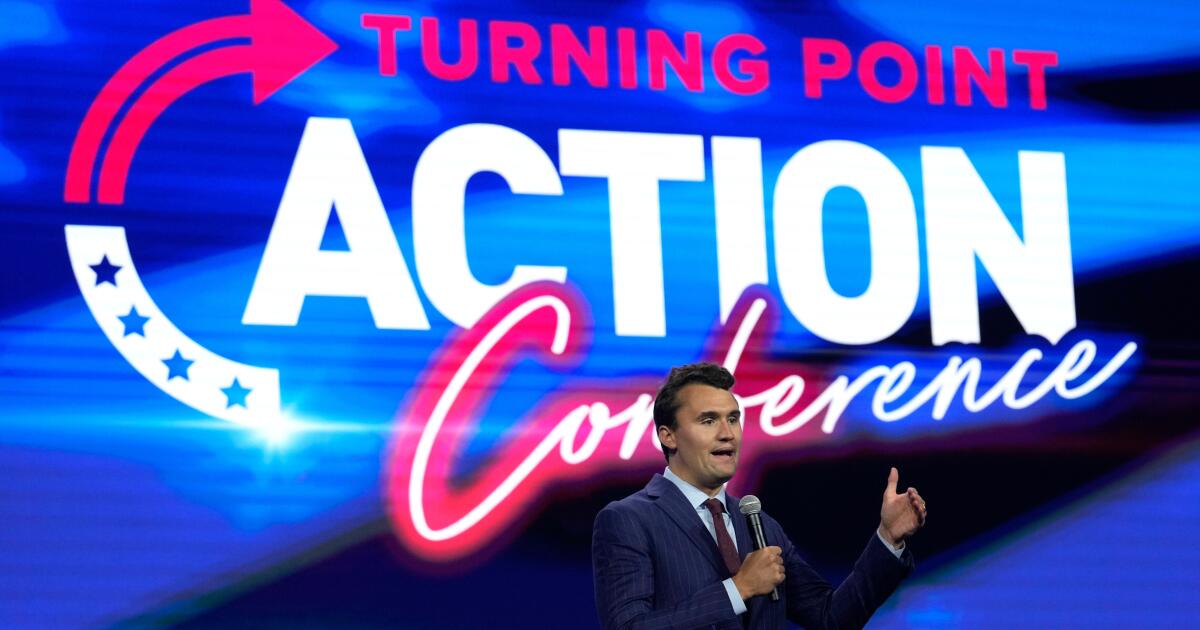Grateful Dead founder & guitarist Bob Weir dies aged 78 surrounded by family and friends after cancer battle
THE founding member of the legendary rock band Grateful Dead, Bob Weir, has died.
Weir was diagnosed with cancer in July 2025 which he overcame, however he sadly “succumbed to underlying lung issues”.
The veteran rocker was 78.
“He transitioned peacefully, surrounded by loved ones, after courageously beating cancer as only Bobby could,” a heartfelt statement on his Instagram account read.
“Bobby will forever be a guiding force whose unique artistry reshaped American music.
“His work did more than fill rooms with music; it was warm sunlight that filled the soul, building a community, a language, and a feeling of family that generations of fans carry with them.
“Every chord he played, every word he sang was an integral part of the stories he wove. There was an invitation: to feel, to question, to wander, and to belong.”
Across more than six decades, Weir was one of music’s true road warriors, performing thousands of shows with almost a dozen bands.
Weir received a Grammy Lifetime Achievement Award and was inducted into the Rock & Roll Hall of Fame, while his rhythm guitar skills helped guide legendary jam band through the decades.
Weir was born in 1947 in San Francisco and was adopted shortly after his birth by Frederic and Eleanor Weir.
Growing up in a comfortable and prominent Bay Area household, Weir discovered folk music in his youth after a nanny introduced him to jazz.
He started piano and trumpet before finding his calling with guitar at age 13.
He had a tough time in school – surviving spinal meningitis and dealing with severe dyslexia.
A chance encounter with Jerry Garcia at the age of 16 in a music store in Palo Alto would start one of the most important partnerships in music history.
Garcia was a bluegrass banjo player when Weir stumbled upon him at Dana Morgan’s Music Store.
The two formed Mother McCree’s Uptown Jug Champions, which later became the Warlocks and eventually the Grateful Dead.
The Grateful Dead quickly became a huge part of the counterculture movement, aligned with the rise of the hippie movement.
Weir penned some of the Dead’s most enduring songs, including “Jack Straw,” “Sugar Magnolia” and “Playing in the Band.”
The pair went on to become the faces of the Grateful Dead – Weir younger and more boyish than his hairier and older bandmates.
The youthful, ponytailed “Bobby” grew into an eclectic songwriter whose handsome appearance and diverse musical influences helped broaden the band’s appeal.
British newspaper The Independent called Weir “arguably rock’s greatest, if most eccentric, rhythm guitarist.”
Weir considered Garcia as a big brother.
“They say that blood is thicker than water, and what we had was way thicker than blood,” Weir said of Garcia and the Dead in an interview with journalist Dan Rather.
Sadly, Garcia passed away in 1995.
After Garcia’s death at age 53 in 1995, Weir carved out an interesting if somewhat neglected solo career – much of it with his band, RatDog – and participated in reunions of surviving Dead members in different configurations.
Weir released his first solo album, Ace, in 1972, followed by 1978’s Heaven Help the Fool. His last LP was the 2016 album Blue Mountain.
The legendary rocker married Natascha Münter in 1999. They share two daughters, Shala Monet and Chloe Kaelia.
Weir was a staunch vegetarian and an animal-rights advocate.
He was a board member of the Rex Foundation, an organisation founded by members of the Grateful Dead to “proactively provide extensive community support to creative endeavours in the arts, sciences, and education.”
Weir began treatment for cancer only weeks before returning to his hometown stage for a three-night celebration of 60 years of music at Golden Gate Park.


